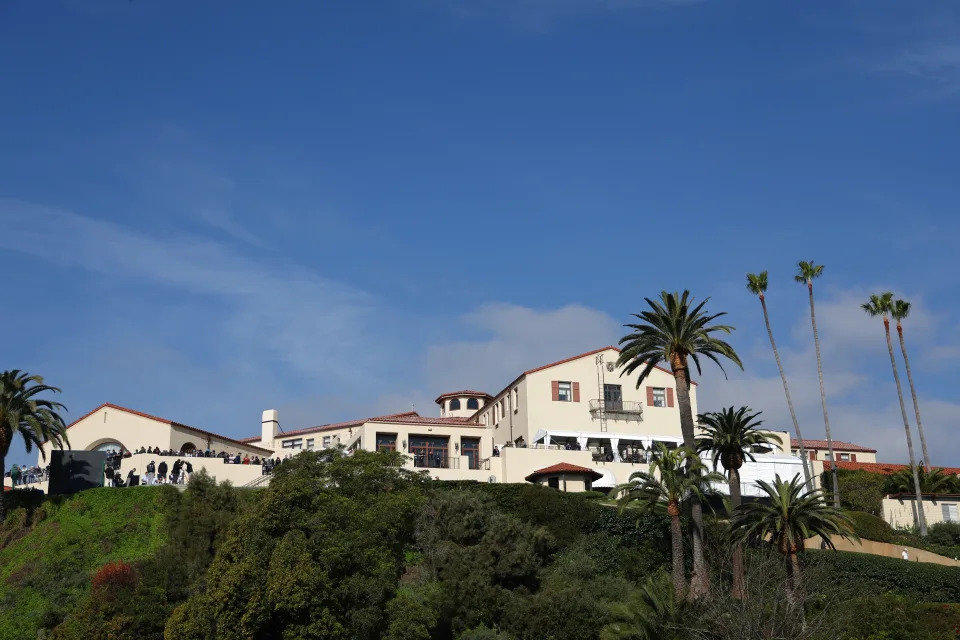Last week I wrote on “Is reciting the National Anthem by Force?”, and today this is the concluding part, also written some 18 years ago
I start this essay with the critics’ anthem, one that has always inspired me. It is by H.G. Wells and he says “we are going to write about it all. We are going to write about business and finance and politics and pretences and pretentiousness, and decorum and indecorum, until a thousand pretences and ten thousand impostors shrivel in the cold, ...we are going to write about wasted opportunities and latent beauties, until a thousand new ways of life open to men and women. We are going to appeal to the young, and the hopeful, and the curious against---the established, the dignified and the defensive. Before we are done we will have all life within this scope of the novel.
We at most, talk, write and discuss the Nigerian myth with a sense of fatalism.
I believe that If everyone thought as much as I did about justice and fairness, life would be better.
I am a critic, but I am also the critics’ critic, the unrepentant believer that the best way to keep the government on its toes is to keep harping on their flaws so they can improve.
Often, I say I believe the things I write on, are important for our nation as they are for other nations, but when it appears to me Nigerians especially those in authority do not react to these issues as people in other lands do, I repeat them in new essays to remind old readers and recruit new ones to participate in the continuing dialogue.
As is my practice I will crave the indulgence of us all as Nigerians to ask questions, some of which include can this project called Nigeria work, is it working, are we willing to make it work? I personally have an irrevocable belief in this nation but then collectively as a people and as a nation we disrespect the symbol of our nationhood.
Many years ago, …in the United States, Congressman Mark Foley was forced to resign over sexually suggestive emails he sent to young interns on his staff, when announcing his resignation, he apologized, through his lawyer he equally said he was receiving treatment for alcoholism. Away from all other factors of the entire episode, I bring out the following questions, would any Nigerian Senator resign...? Would anyone of them in the National Assembly accept that he had a problem that required treatment? Are we ready to accept that we need to take a break and reflect, reappraise and address issues that are mundane like the National Anthem yet unavoidably the instrument of nationhood?
How many of our leaders require treatment, do they know they are sick, and then, ready to seek treatment? How about the sick populace of followers?
Is it not a fact that between our leaders and the led, there is an abnormal level of greed, vengeance and unattainable ambition, and a psycho quest for power that requires medical attention? The problems of this nation are not because citizenry has refused to rise to obey the Nigeria call, we have allowed politicians to obey their insatiable lust for money and power, greed and gluttonous living?
Question is, are we really out to serve Nigeria, let’s ask, in the last one week, what one thing have we done for the benefit of Nigeria, despite the fact that the nation has not done much for us? In our experimental democracy, is it not true that leadership has only served themselves? It is safe to conclude from the actions of our leaders and we that are led that the driving force is hate for ourselves, weakness at taking the right decision, weakness at moving towards the opposite direction and it cannot be really argued that we have either lost faith or losing it at break speed.
Our heroes past, yes, our heroes, is it not true that we today have very few if any heroes to look up to, let me continue...Politically the present breed of politicians are no better described as jobmen than heroes. The labours of our heroes are already in vain now as every young and even old Nigerians are leaving (japa-ing) in search of new heroes.
Nigeria today is one which no one serves with his/her heart for fear that when you need her most she would let you down, are we not bothered with the increasing number of Nigerian Ibo-Americans, Yoruba-British, Ijaw/Urohbo-Italians and Germans...Arabian-Nigerians, do we really care about Nigerians that today serve Argentina, Brazil, Portugal, Japan, Gabon, Ethiopia and Ghana with their heart.
I shake my head sadly and hold my cheeks reflectively because our nation is not bound by freedom, hardly any state in the federation that has not witnessed an attack or two of some sort, all manner of freedom is alien, we fight for freedom of movement, freedom to know how we are led, freedom to life is deprived us, as freedom to eat is daily becoming unattainable; everything happens like magic, peace has eluded us.
Unity is a far cry, so the nation is certainly not one, we have many nations, which by my own reckoning is not bad at all if they were bound together by the common values of freedom, peace and unity, rather our diversity is destroying us, we fill forms, rather than our capability and merit, it is our local government, our state of origin that counts most, so the partition is one aided and abetted consciously or otherwise by us and no one else.
The National Anthem that some of us recite, was written by five persons, I mean the words were a collation from the first five in a national competition, and those five persons then were picked as the best on merit, the National item is not a Muslim or Christian song, neither is an ethnic group chant of Egbe Omo Oduduwa or Igbo Kwenu, it was written as a bond of unity.
The second stanza is of importance because of the mention of our youths, sadly we see what has become of our youths, the often touted leaders of tomorrow. They suffer unemployment, they see as the government renders their parents redundant, the government and leadership treats them badly, the only driving force for them is poverty and this is either positive or negative, in many cases negative. They grow up and are living witness that truth is bad investment, and negative capital in their nation.
They grow up in hate, lies and see injustice as a norm of their society, lofty heights can only be attained by theft, corruption, and so they scheme their way to that top by all and any means necessary, a really sad future because leadership under the guise of elders and politics use them in destroying peace, and creating injustice blindly.
I leave us with the predecessor of the National Anthem written by a British expatriate, "Nigeria We Hail Thee". It is rich and often one has wondered why it was thrown away.
Nigeria, we hail thee,
Our own dear native land,
Though tribe and tongue may differ,
In brotherhood we stand,
Nigerians all, and proud to serve
our sovereign motherland.
Our flag shall be a symbol,
That truth and justice reign,
In peace or battle honoured,
And this we count as gain
To hand on to our children
A banner without stain
O Lord of all creation,
Grant this our one request
Help us to build a nation
Where no man is oppressed
And so, with peace and plenty,
Nigeria may be blessed—May Nigeria Win!





:max_bytes(150000):strip_icc():focal(666x481:668x483):format(webp)/Tiger-Woods-Competition-Exit-021824-02-bfd39dd21be147d9bda9ad9bfdcc5576.jpg)
:max_bytes(150000):strip_icc():focal(781x278:783x280):format(webp)/Tiger-Woods-On-His-Return-to-Golf-6-021624-a33a5a86a3c948fdb88681b62b26329a.jpg)